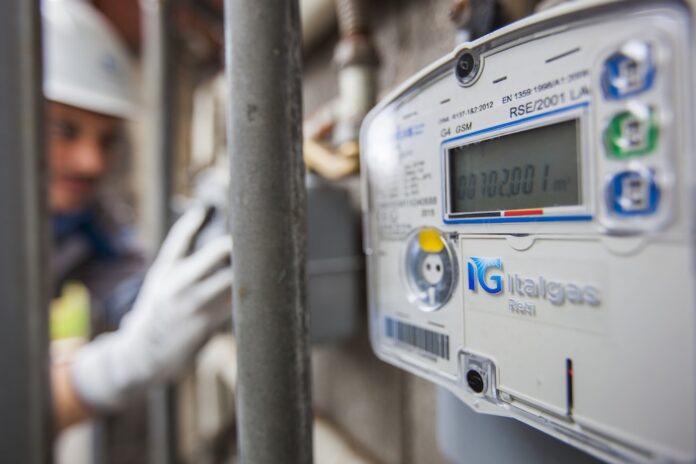The Italian operator’s new report highlights how AI- and IoT-enabled monitoring could cut costs, extend asset lifecycles and reduce environmental impact across road, energy and water networks
Telecom Italia (TIM) has presented new research suggesting that Italy could significantly reduce infrastructure management costs and improve service resilience by integrating AI, IoT and advanced connectivity into critical national networks. The findings come from the Smart Infrastructure report produced by TIM’s research centre with Intesa Sanpaolo Innovation Center, the Politecnico di Milano’s Digital Innovation Observatories and Comtel Innovation.
The study argues that Italy’s ageing infrastructure could benefit from a shift from reactive to predictive maintenance, enabled by digital monitoring tools operating over telecoms networks. According to the analysis, intelligent monitoring systems could prevent up to 27% of structural collapses on older road assets and reduce overall management costs by as much as 31%. With around 1,900 bridges identified as having elevated structural risk and a highly fragmented network of managing authorities, the report estimates that cost savings across planned civil works for 2026–2030 could cumulatively exceed €54 billion.
The report also notes the scale of the challenge: Italy manages approximately 840,000 kilometres of roads, more than 60,000 bridges and over 2,200 tunnels, with over 96% of the network under local authority responsibility. Researchers argue that digitalisation offers a rapid route to improving safety and efficiency at scale.
Monitoring is growing
The study places the findings within a rapidly expanding market for infrastructure monitoring. Globally, the smart monitoring sector for energy, water and civil assets is projected to exceed €100 billion by 2029, with Europe accounting for around €27 billion. Annual growth of between 10-15% is expected through 2025–2029, with Italy among the fastest-growing markets in both energy and civil infrastructure monitoring.
In the energy sector, the study finds that IoT sensors, smart grid technologies and advanced management platforms could deliver around €700 million in annual benefits by reducing losses, improving peak management and encouraging more efficient consumption through universal smart meter adoption. The report says that transitioning from a centralised power model to more flexible smart grids is necessary to integrate variable renewable sources more effectively.
Water networks face even more pressing issues, with national losses of around 42% and rates above 55% in parts of the south. 60% of the network is more than 30 years old, and a quarter exceeds 70 years. Smart meters currently represent only 17% of installed devices. Expanding digital monitoring could reduce losses sufficiently to generate about €2.6 billion in savings by 2030, totalling around €10.4 billion between 2026 and 2030.
Environmental impact
The environmental impact of infrastructure digitalisation is also highlighted. The report estimates that smart monitoring technologies could cut CO₂ emissions from civil infrastructure lifecycles by up to 30%. For energy networks, reductions linked to lower grid losses, improved peak management and consumer-level efficiencies could prevent more than a million tonnes of CO₂ equivalent annually. In water systems, wider smart meter adoption could reduce emissions by decreasing leakage and lowering demand for bottled water.
The study situates these findings within wider EU policy efforts. European initiatives such as Next Generation EU, the Green Deal and the Digital Compass are directing substantial investment at modernising energy and transport systems, with 40 per cent of Recovery and Resilience Facility funding earmarked for the green transition and up to 13 per cent for transport. Italy has drawn heavily on these funds, though the report notes that administrative complexity remains a barrier to timely project delivery.
TIM said the digital transformation of infrastructure requires broad industry collaboration. Elio Schiavo, TIM’s chief enterprise and innovative solutions officer, said that modernising national infrastructure was “the backbone of the country’s economic development”. He added that creating an ecosystem of advanced companies and start-ups would help accelerate progress.
At the same event, TIM Enterprise recognised the winners of the TIM Smart Infrastructure Challenge, which drew more than 100 participating start-ups, scale-ups and companies. CAEmate was named overall winner for its Digital Twin platform integrating real-time IoT data and predictive AI for preventive maintenance.
Other award recipients included companies specialising in modular robotics for pipe inspection, digital security, indoor positioning, subterranean mapping, “sensorised” bolts for predictive monitoring and satellite-supported maintenance platforms.




